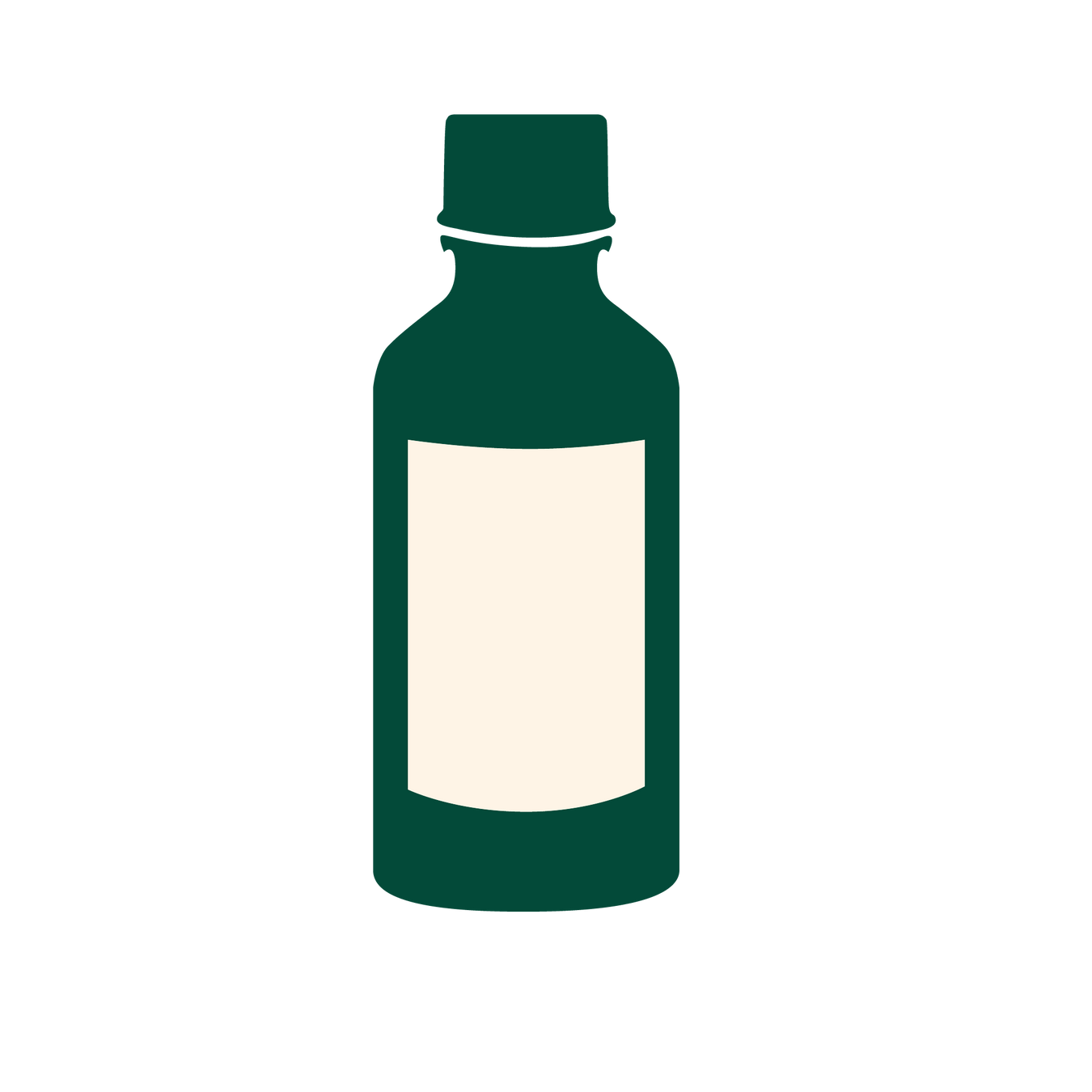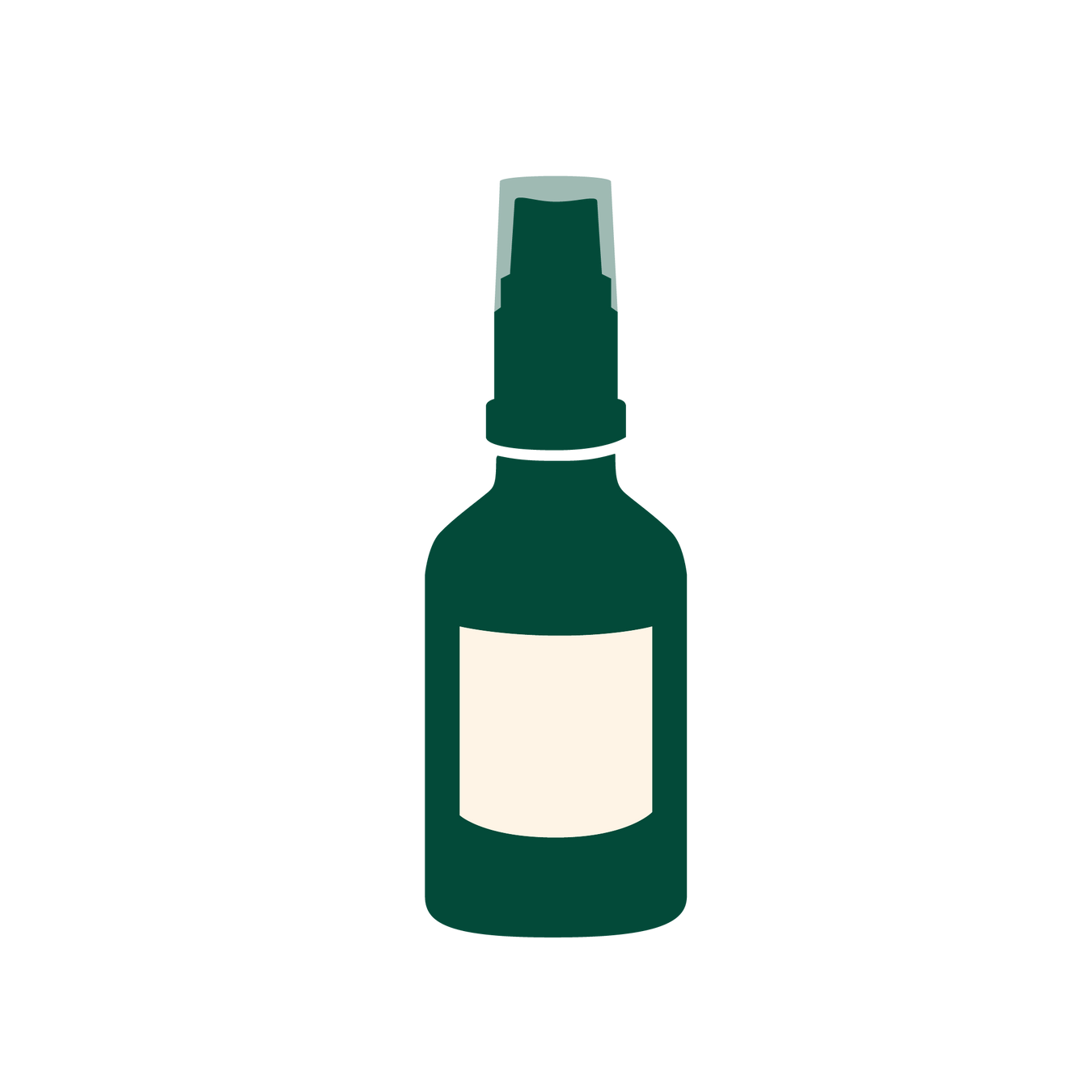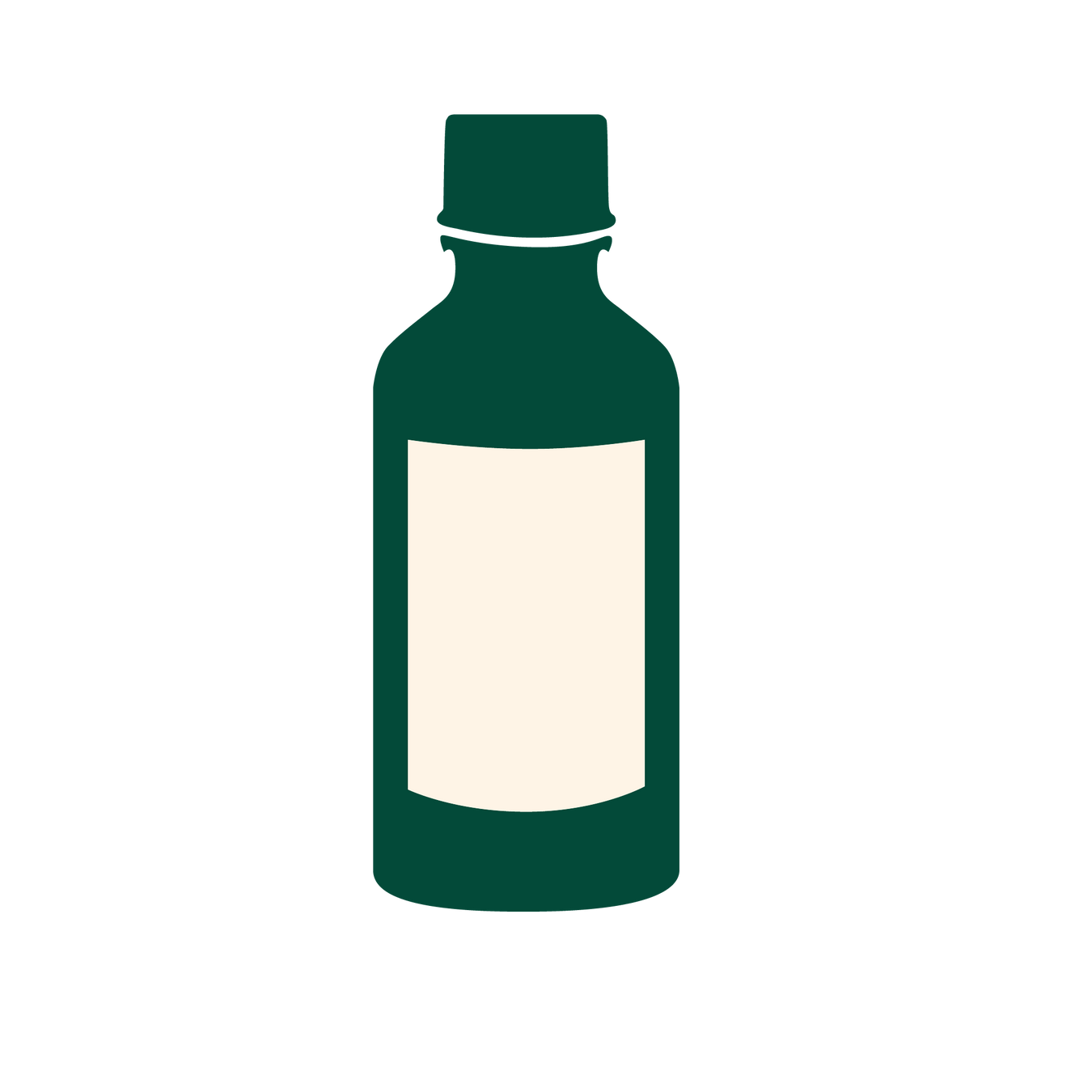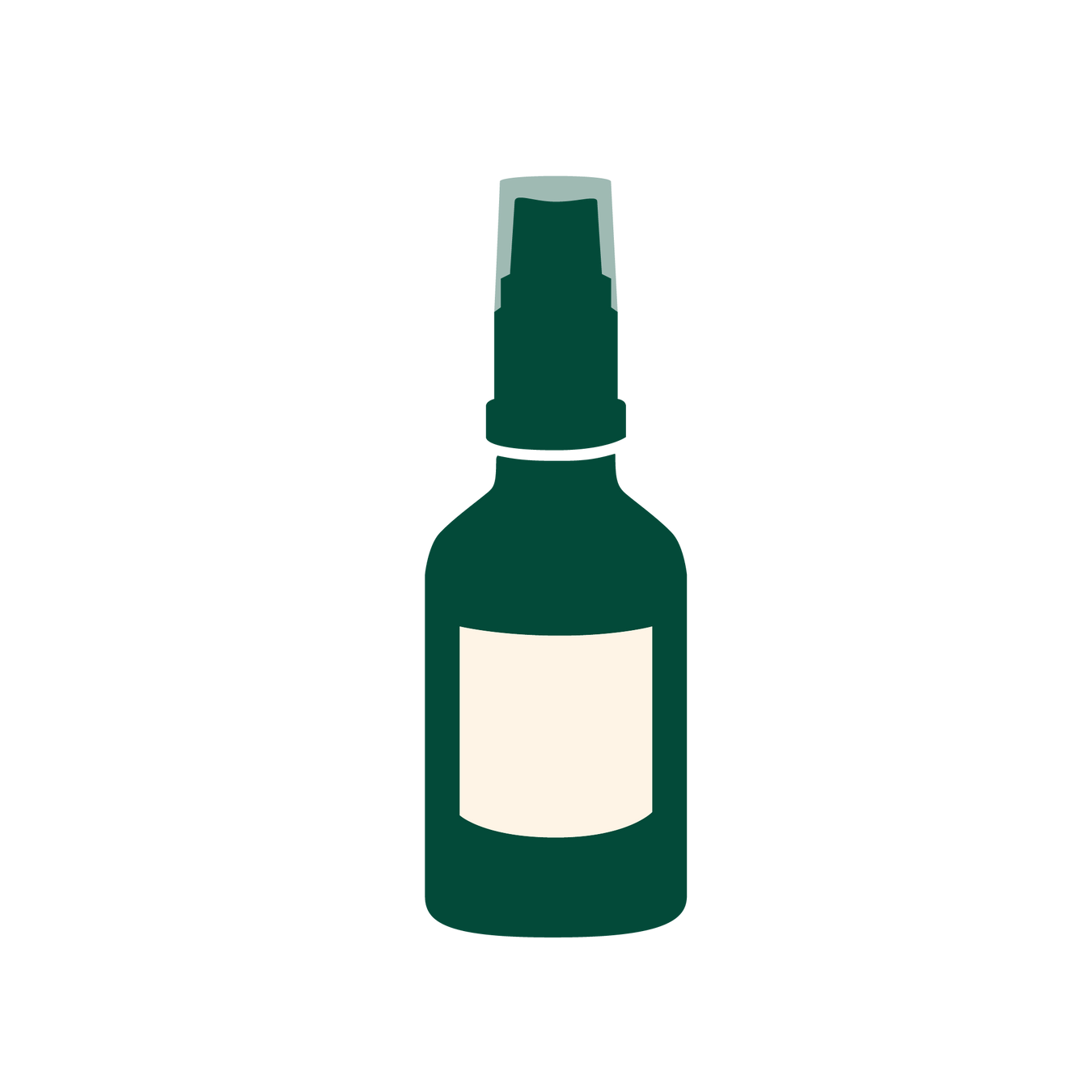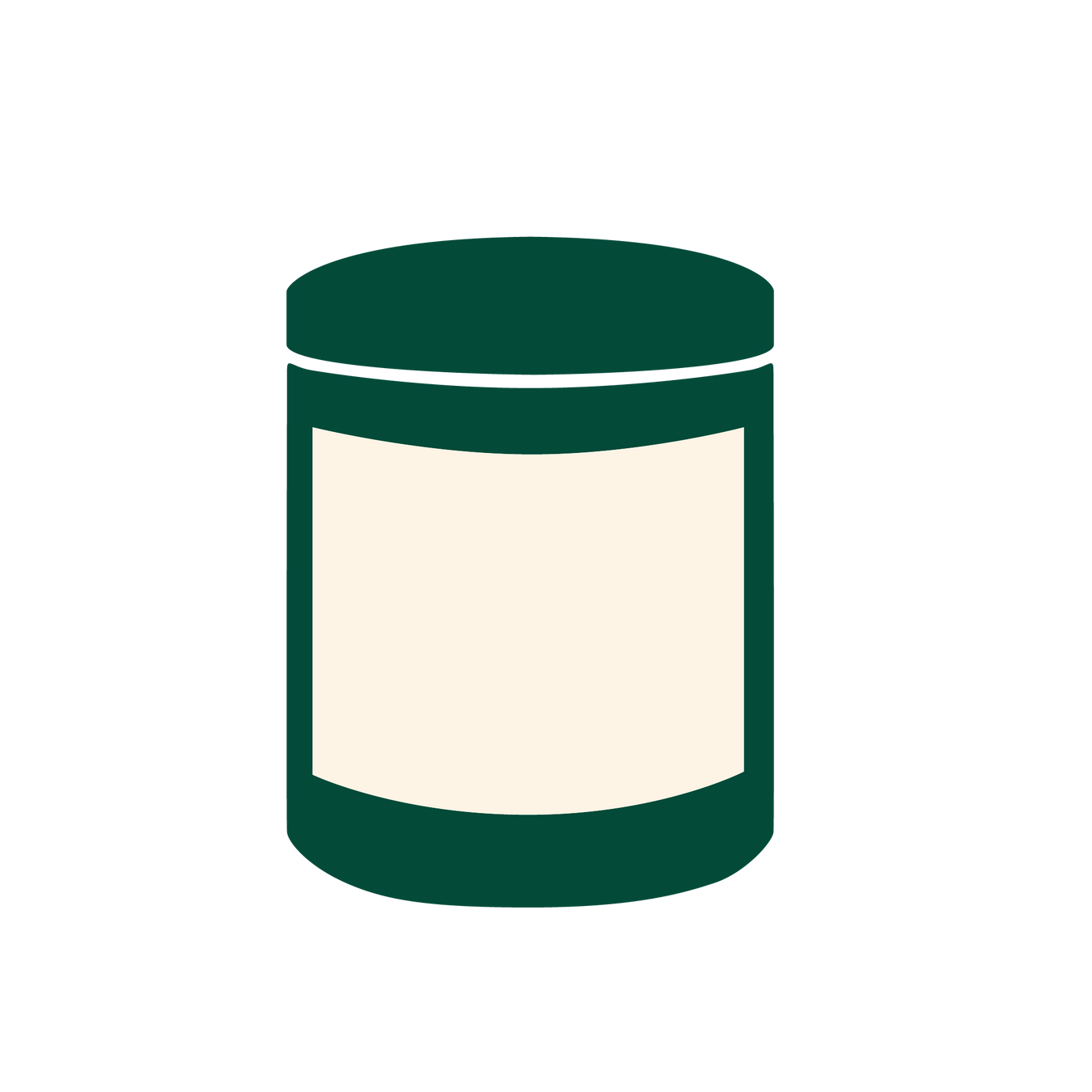
Kidney health
Kidney health
… what can we do about it?
Our lifestyle isn't always kidney-friendly. Unhealthy diets, environmental pollutants, and medications all put a strain on our body's filtration system.
The kidneys play an important role in detoxification. Using tiny filters called nephrons, the kidneys clean our body's up to 6 liters of blood several times a day. Each kidney has approximately 1 million nephrons. Urine is formed there. When the kidneys are functioning well, we produce up to 2 liters of urine per day. Urine consists of 95% water, as well as urea, uric acid, creatinine, and organic acids, among other substances. Simply put, toxins and waste products are filtered out and flushed out of the body with urine.
The kidneys help maintain acid-base balance and produce the hormones erythropoietin, renin, and calcitriol around the clock. They help regulate blood pressure, produce red blood cells, and synthesize vitamin D. It's no coincidence that the kidneys are called the "root of vital energy" in traditional Chinese medicine.
In folk medicine, the kidneys are a reflection of our emotions. Negative feelings, such as stress, anxiety, despair, aggression, and anything else that burdens us emotionally, affect the kidneys. You're probably familiar with situations in which you think, "This is really getting to me!", followed by an increased urge to urinate. Medically, this can be explained as follows: the autonomic nervous system reacts to stress stimuli. Stress hormones are released, causing the arteries to constrict. Narrowed arteries cause blood pressure to rise. High blood pressure leads to increased kidney filtration. You have to urinate more often.
How are blood pressure and kidneys related?
The heart requires 20% of its workload for the kidneys. Healthy kidneys have a constant filtration pressure, which is controlled by the RAAS (renin-angiotensin-aldosterone) system. Adequate fluid intake supports effective filtration in the kidneys. If the body is not supplied with enough fluid, the blood becomes thicker. In order to filter thicker blood, the kidneys' RAAS system must increase the pressure. In the long term, this leads to essential hypertension. Essential hypertension can be combated by avoiding stress factors, among other things. Ensure relaxation in a quiet atmosphere. Avoid nicotine, alcohol, and all recreational drugs.
The first step in preventing kidney damage is adequate fluid intake. The daily amount you should drink depends on your age and overall health. A general recommendation is 0.3 liters of water per 10 kg of body weight. Pure water or still mineral water is particularly recommended.
The good old hot water bottle also contributes to kidney well-being, because kidneys don't like the cold. Anything that warms the body is good for the kidneys.
Proven medicinal plants are often used as a supportive treatment, even alongside conventional medical treatment. These include, among others, the well-known Nettle, the Saw palmetto, the Pumpkin, Orthosiphon, Chanca Piedra and the Field horsetail.
